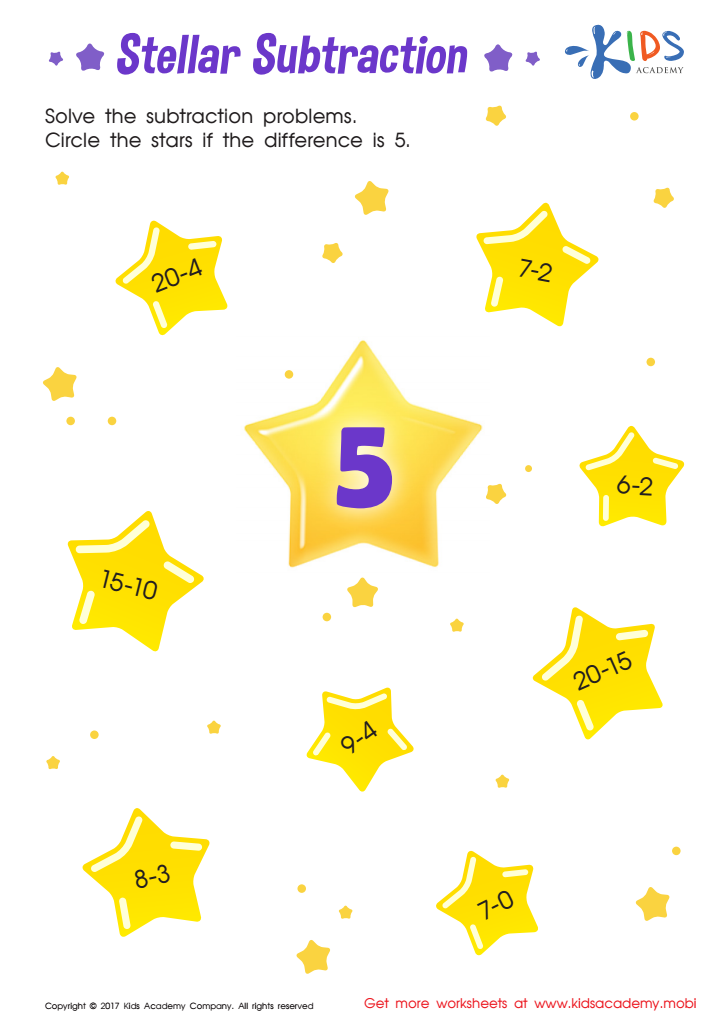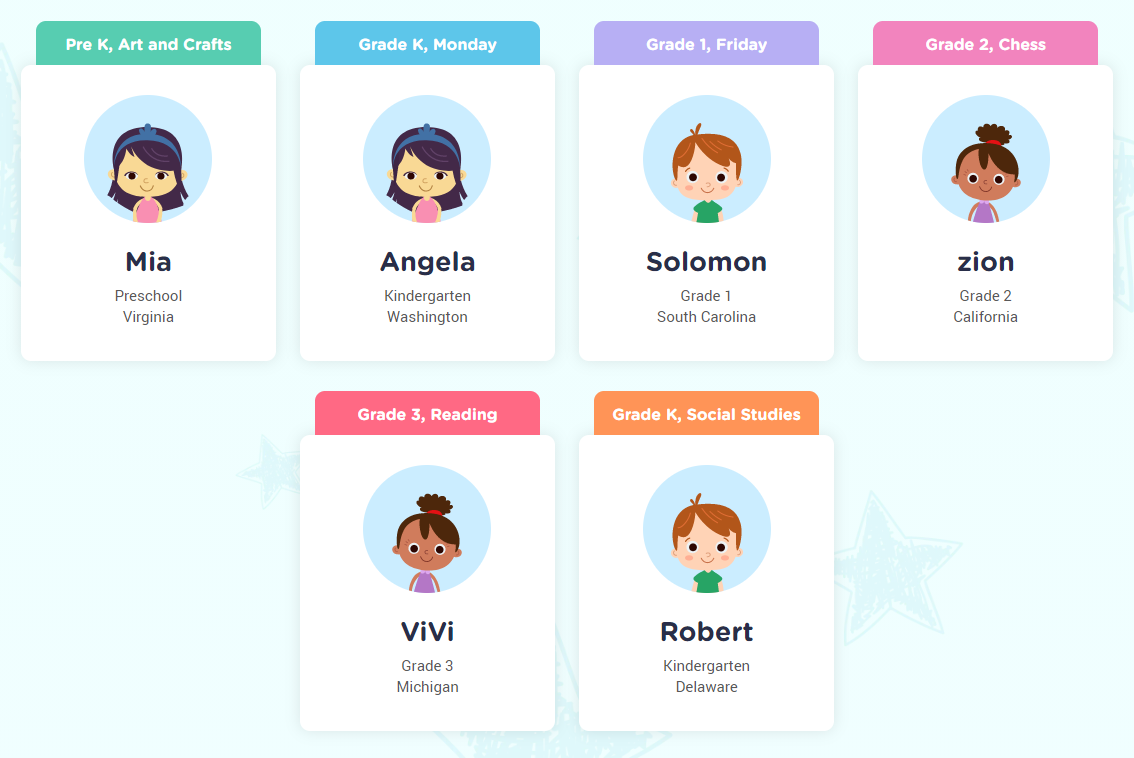Subtraction practice Worksheets for Ages 3-4
53 filtered results
-
From - To
Explore our engaging subtraction practice worksheets designed for ages 3-4, perfect for introducing young learners to the basics of math through playful activities. Our worksheets feature colorful images and interactive exercises that make learning subtraction fun and easy. As children count, color, and connect dots, they will develop essential number recognition and problem-solving skills. These worksheets are ideal for both classroom settings and home learning, encouraging independent practice while reinforcing foundational math concepts. With varying levels of difficulty, our subtraction worksheets cater to each child's learning pace, laying the groundwork for a lifetime of mathematical understanding and confidence.
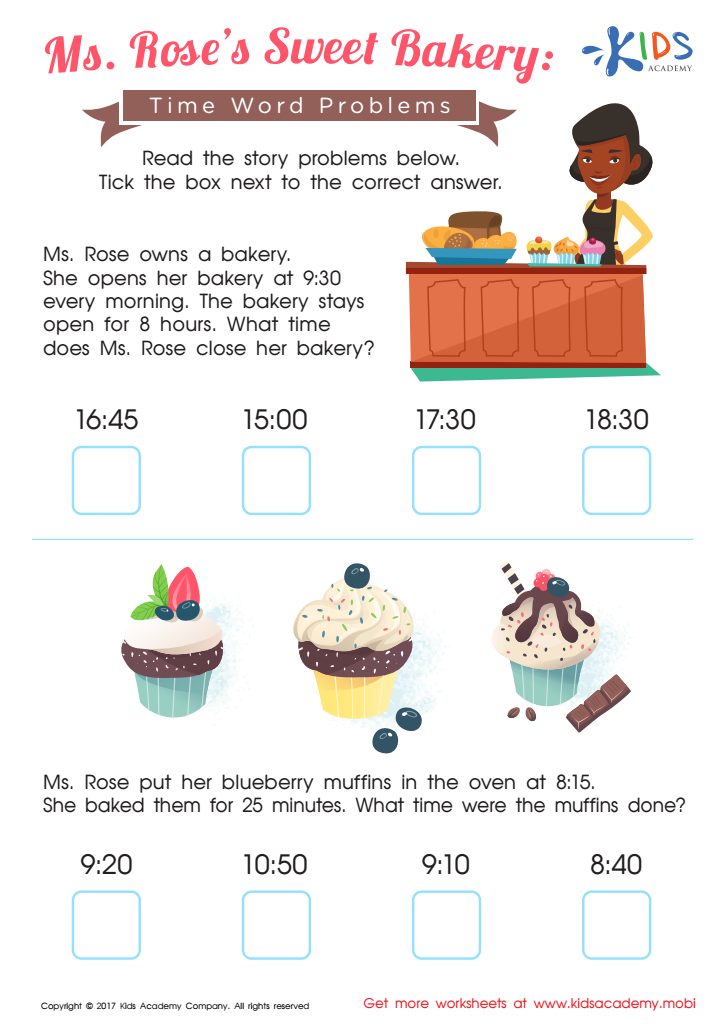

Ms. Roseв's Sweet Bakery Time Worksheet
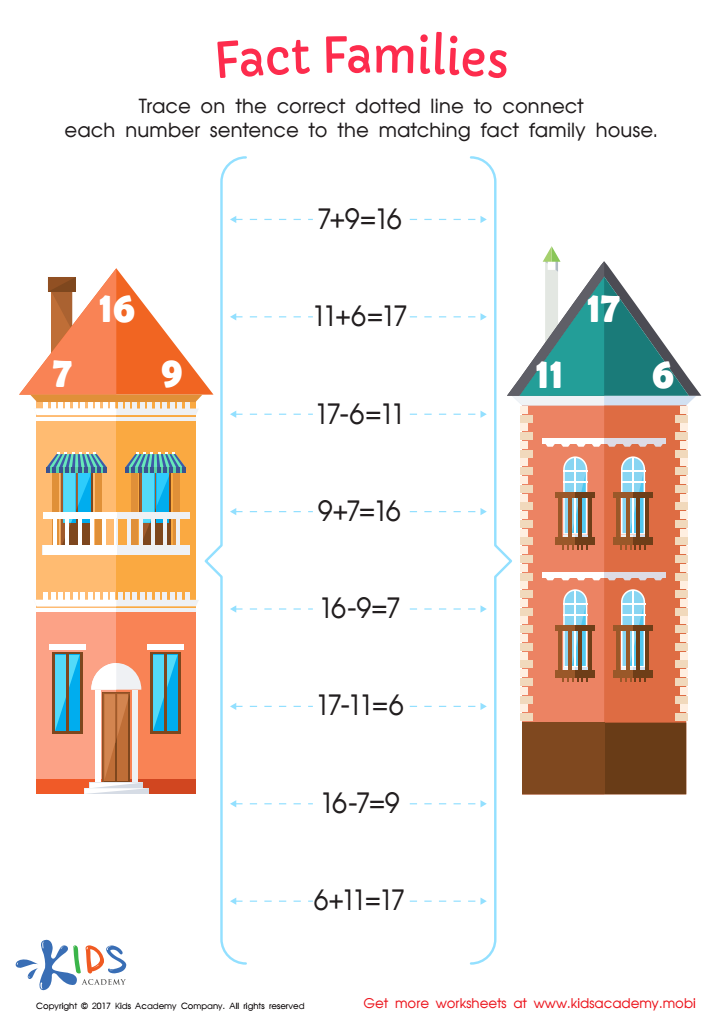

Fact Families — Add and Subtract Worksheet
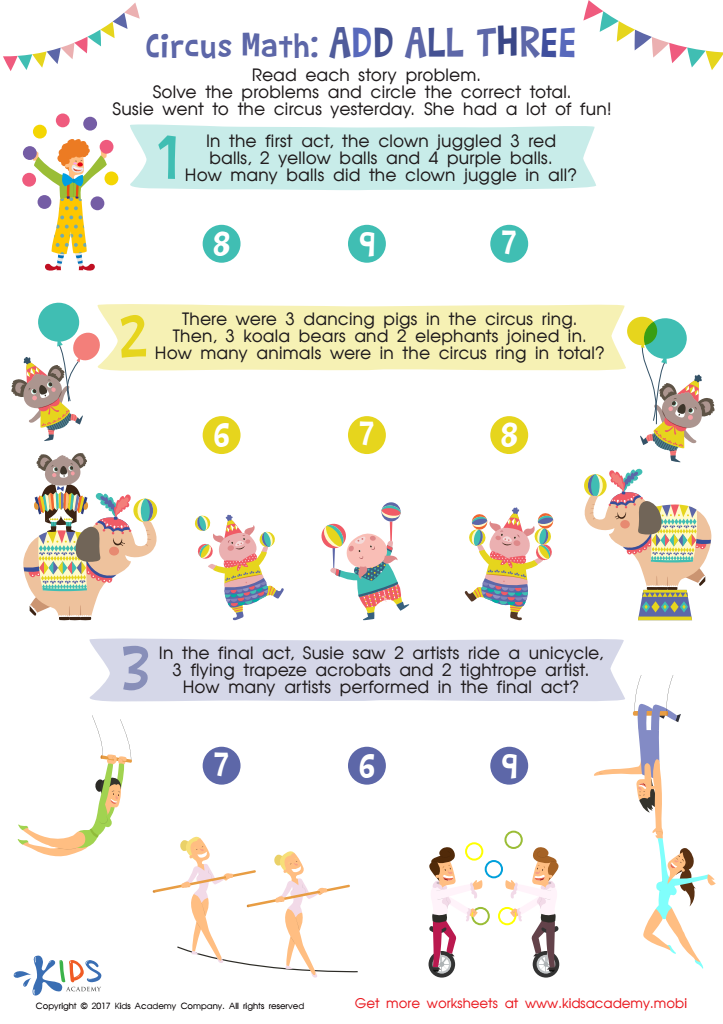

Circus Math Printable
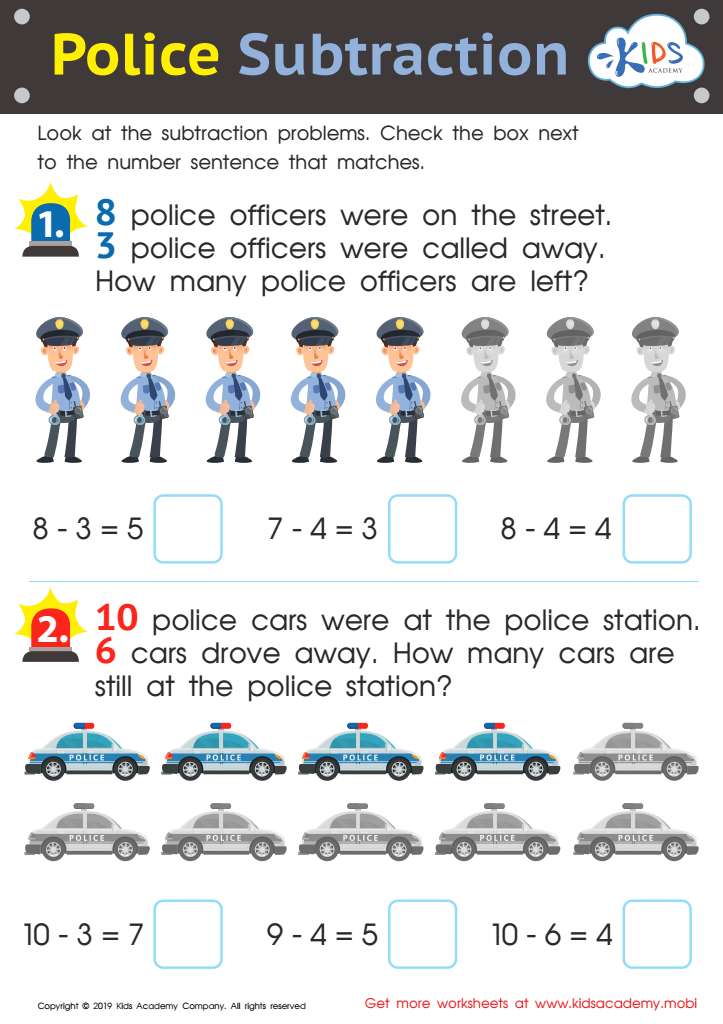

Police Subtraction Worksheet
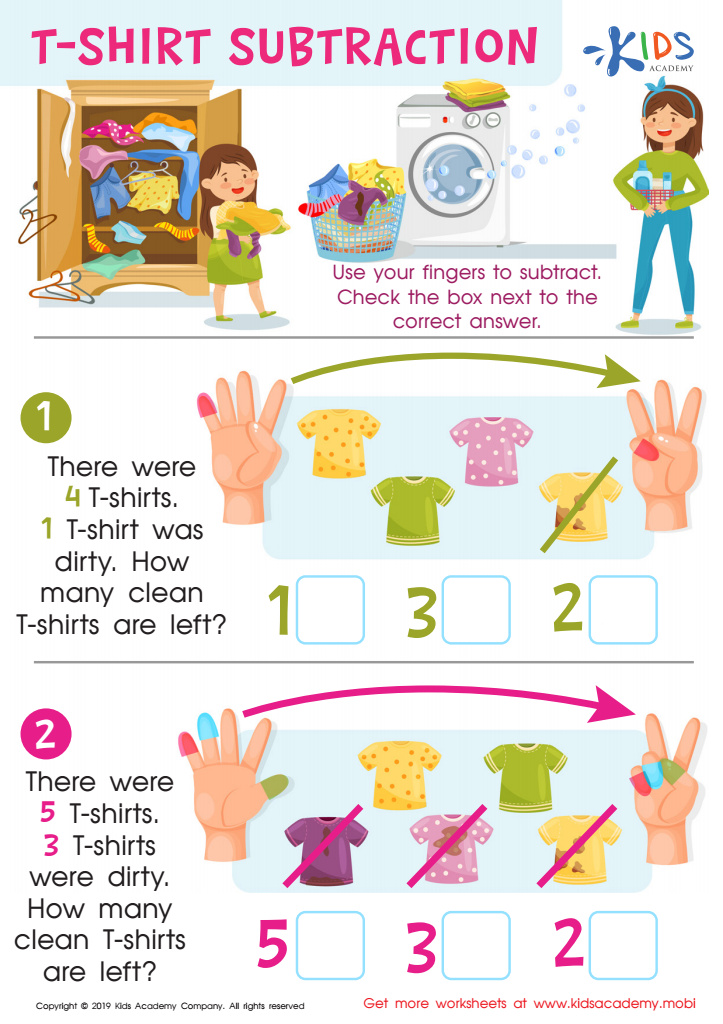

T-shirt Subtraction Worksheet
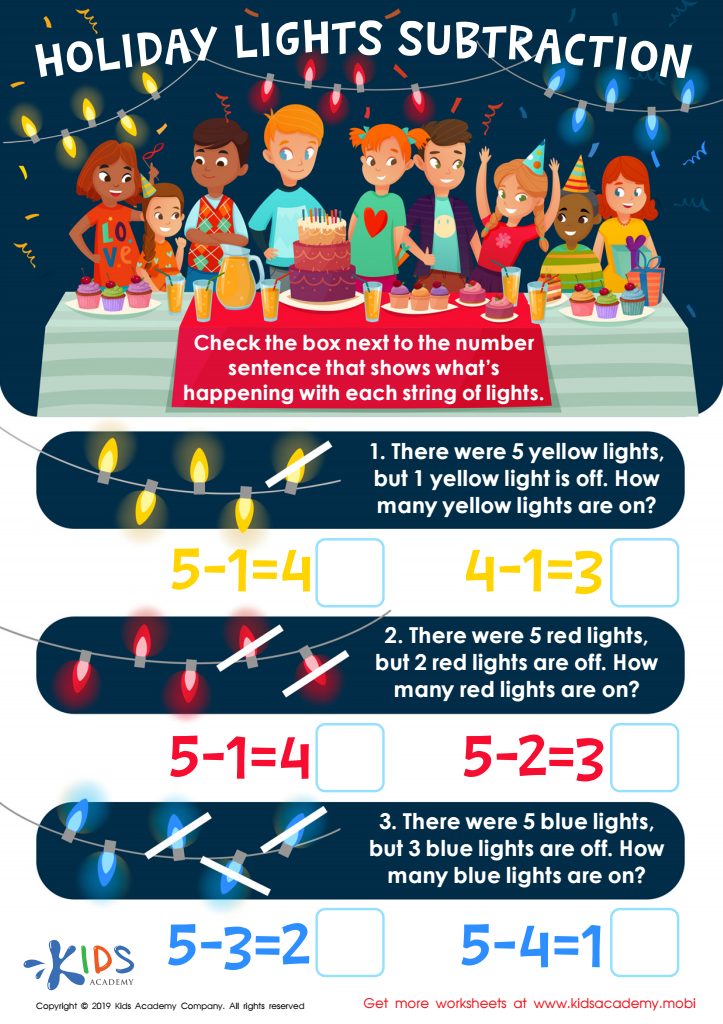

Holiday Lights Subtraction Worksheet
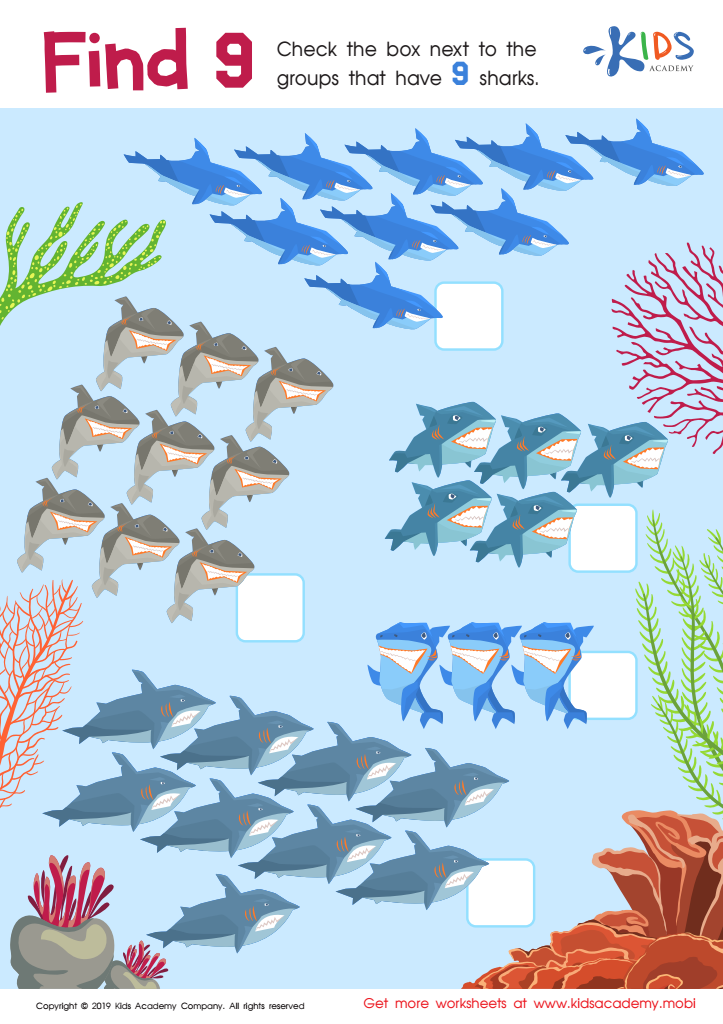

Find 9 Worksheet
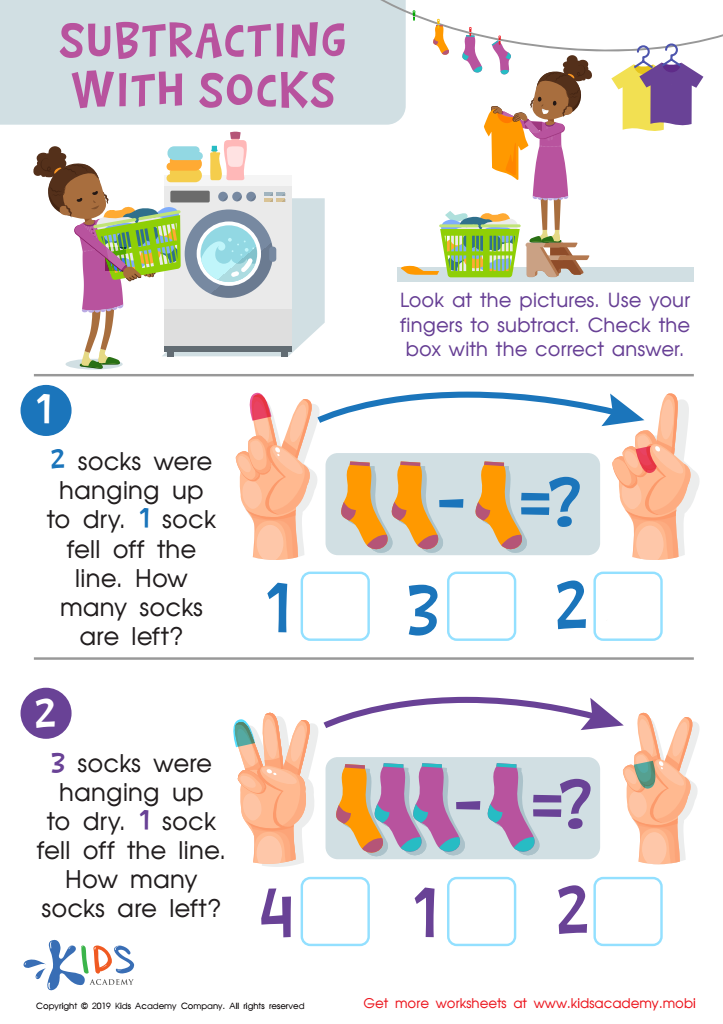

Subtracting Socks Worksheet
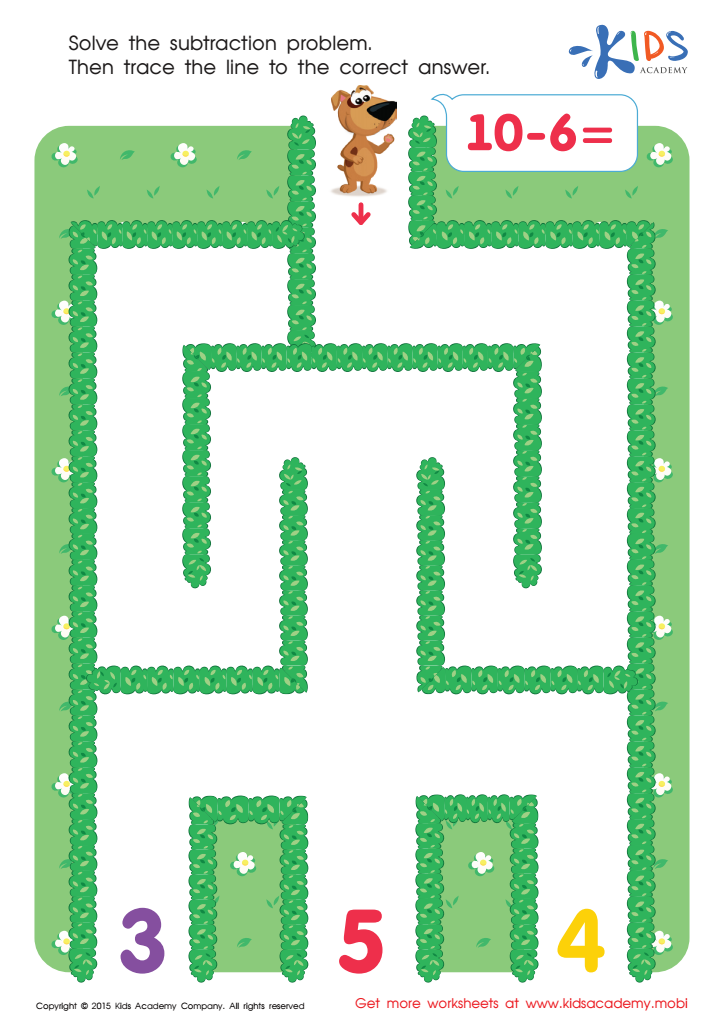

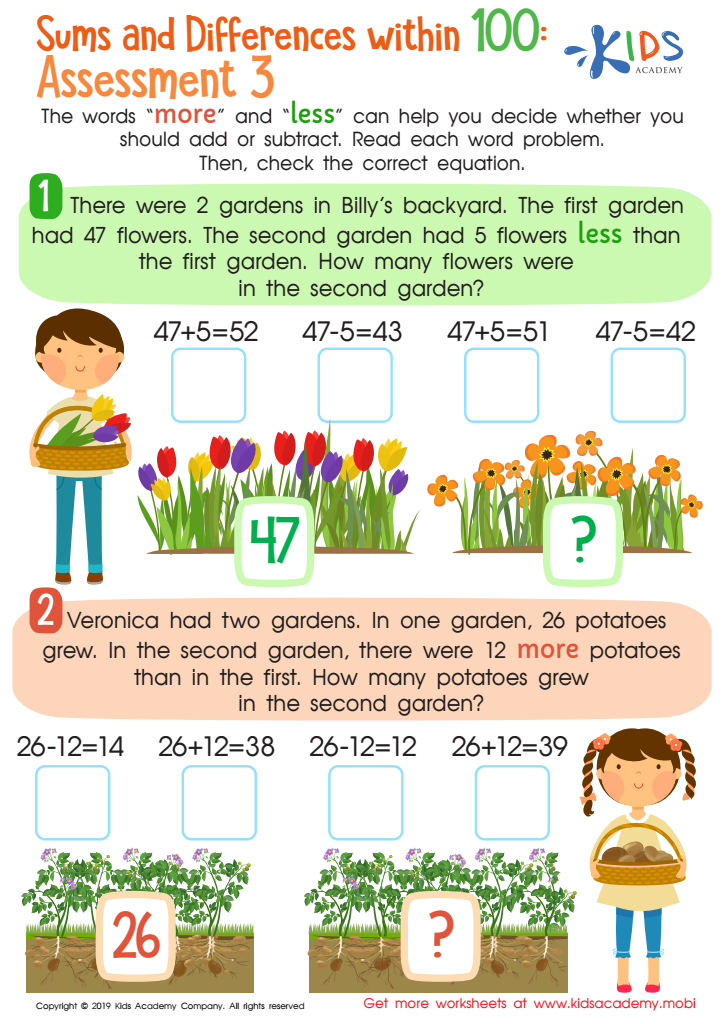

Sums and Differences Within 1 - Assessment 1 Worksheet
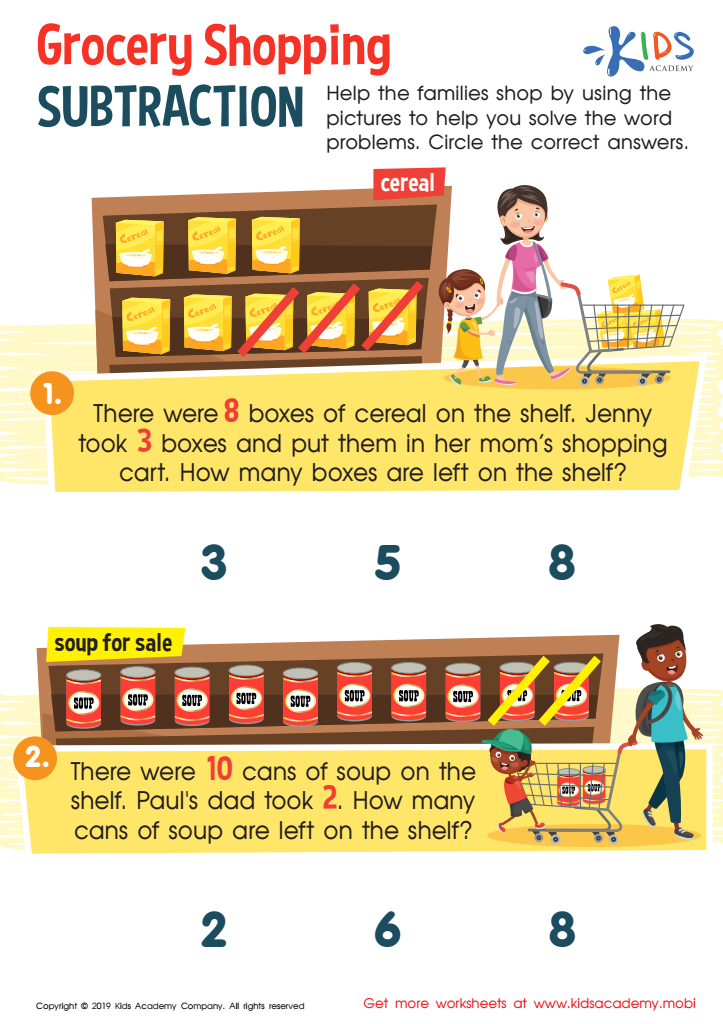

Grocery Shopping Subtraction Worksheet
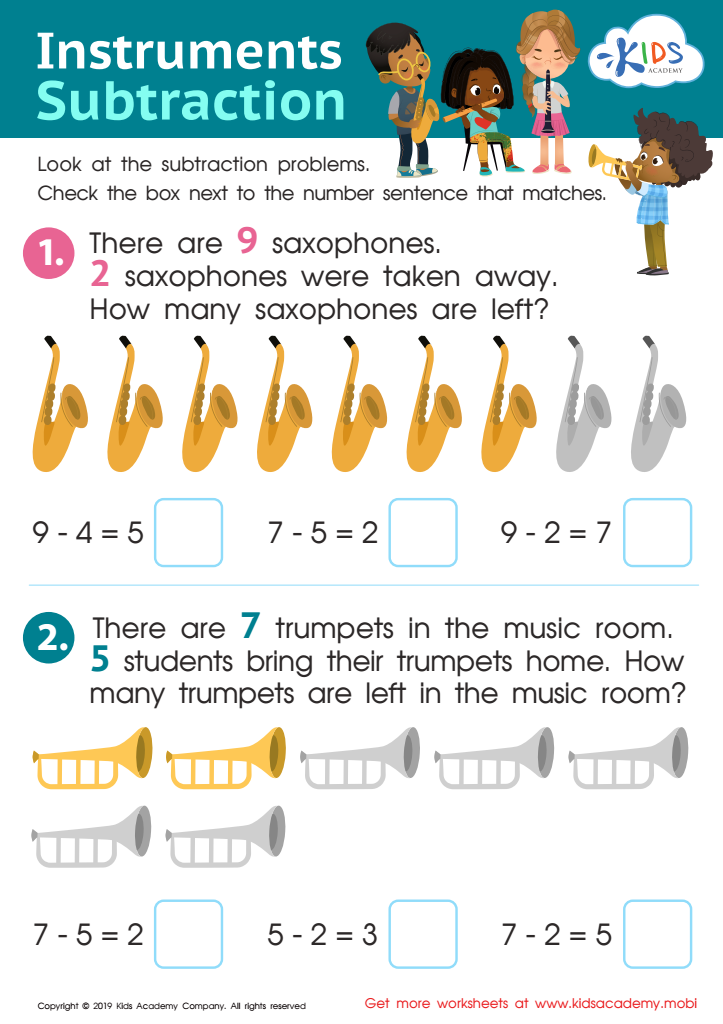

Instrument Subtraction Worksheet
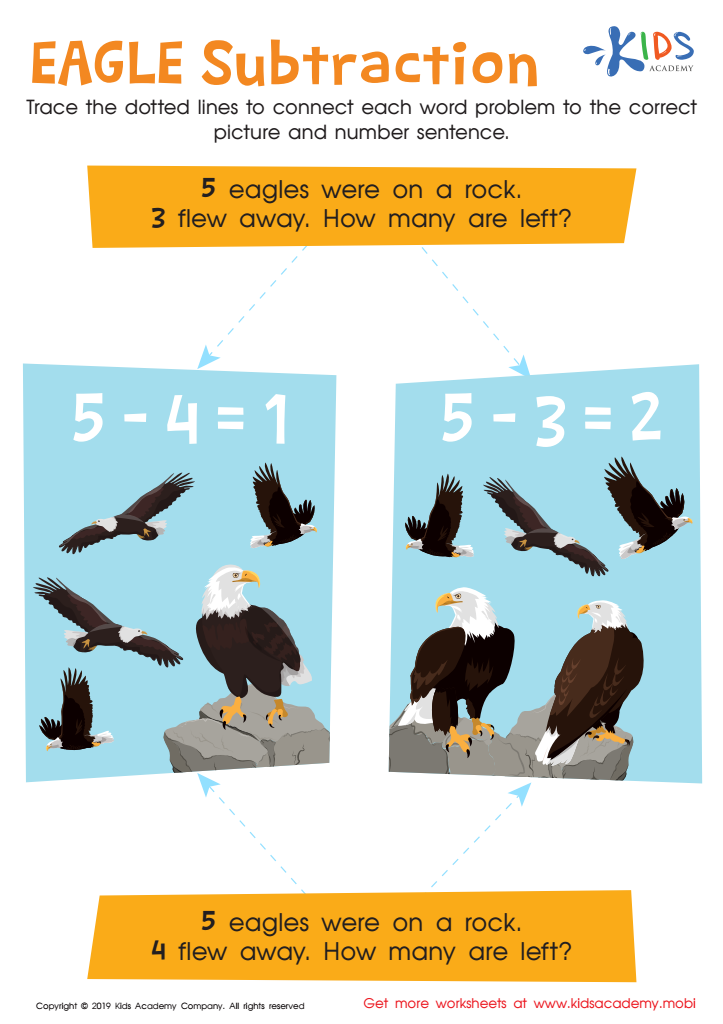

Eagle Subtraction Worksheet
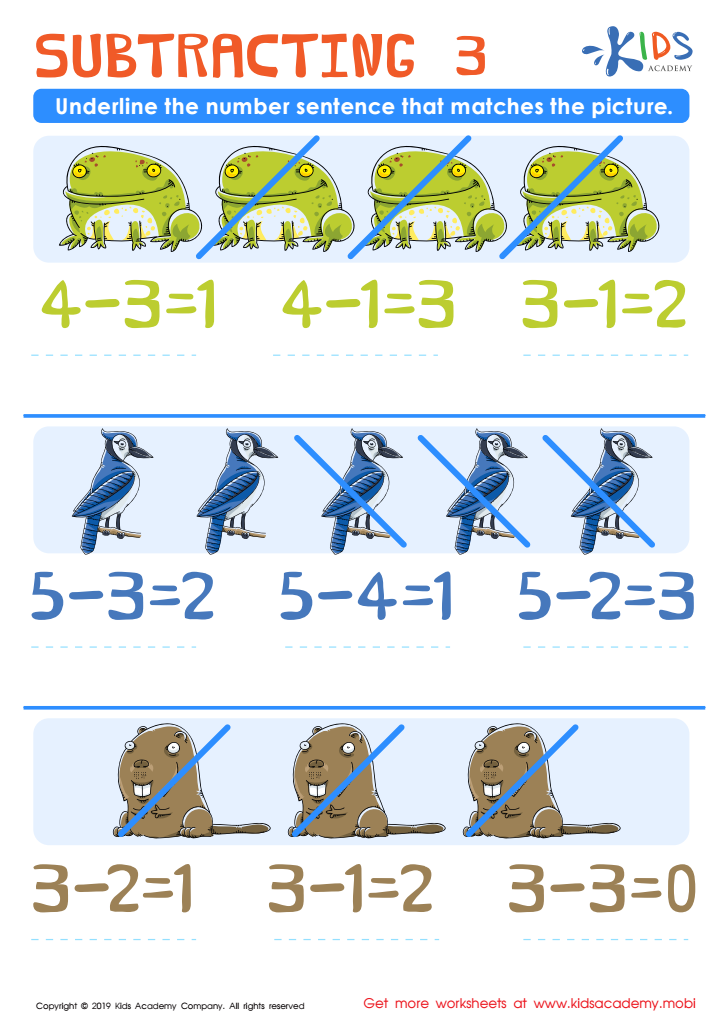

Subtracting 3 Worksheet
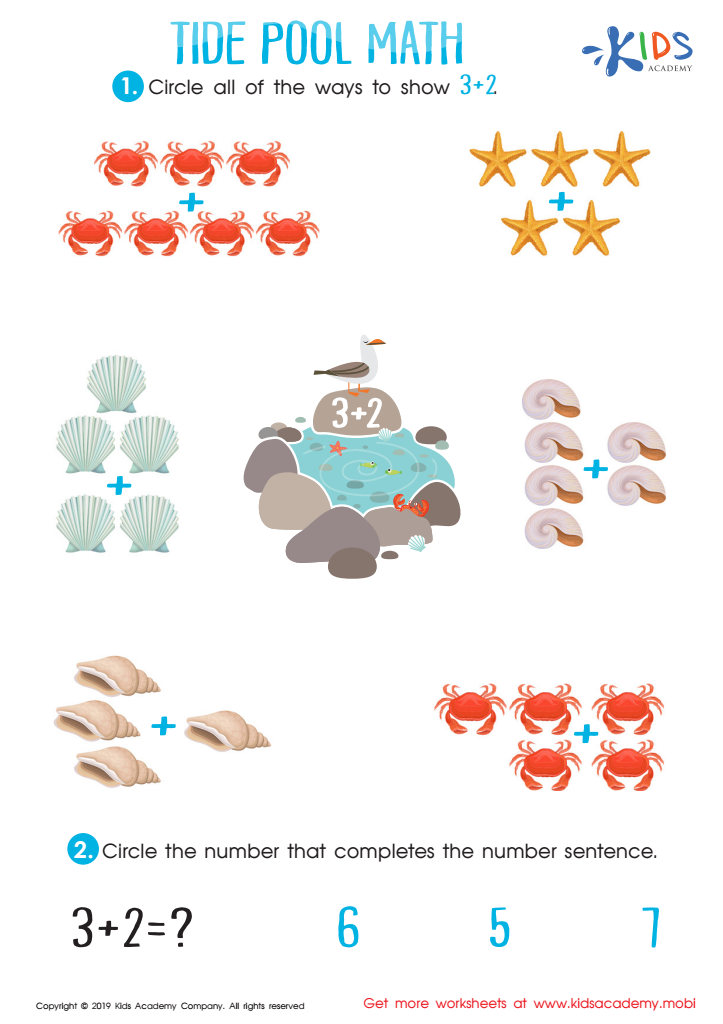

Tide Pool Math Worksheet
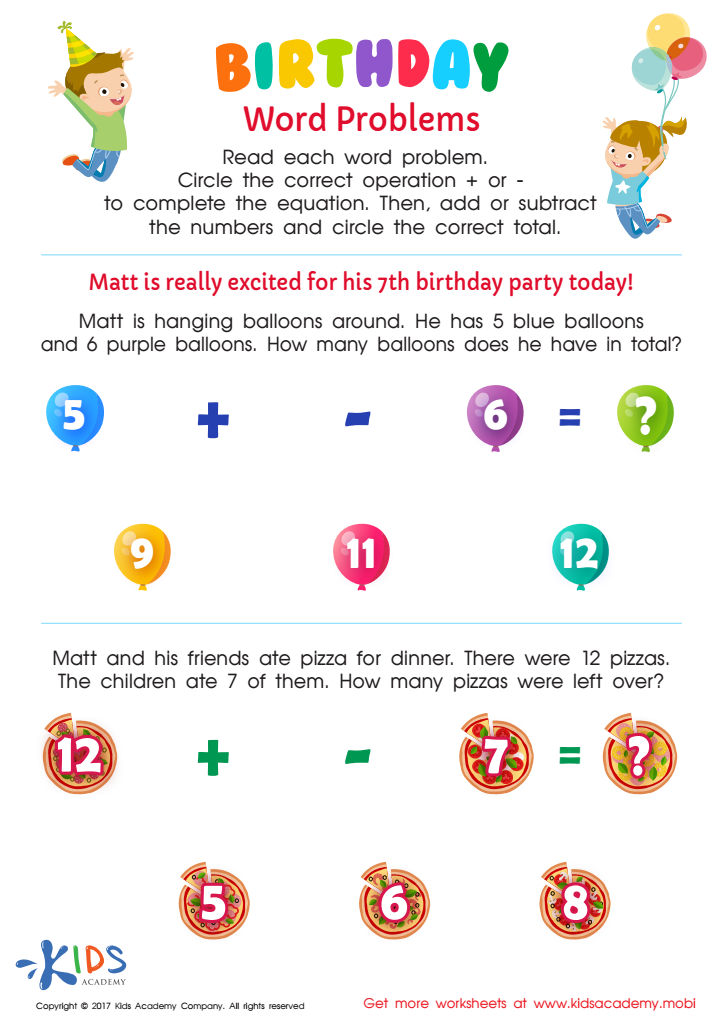

Birthday Word Problems Substraction Worksheet
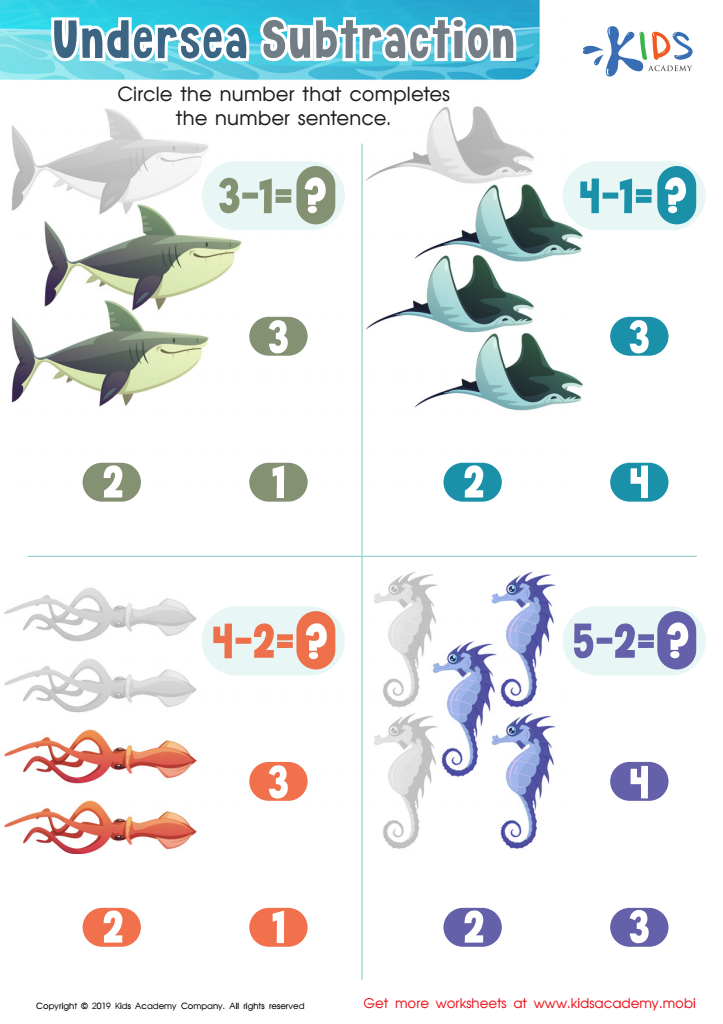

Undersea Subtraction Worksheet
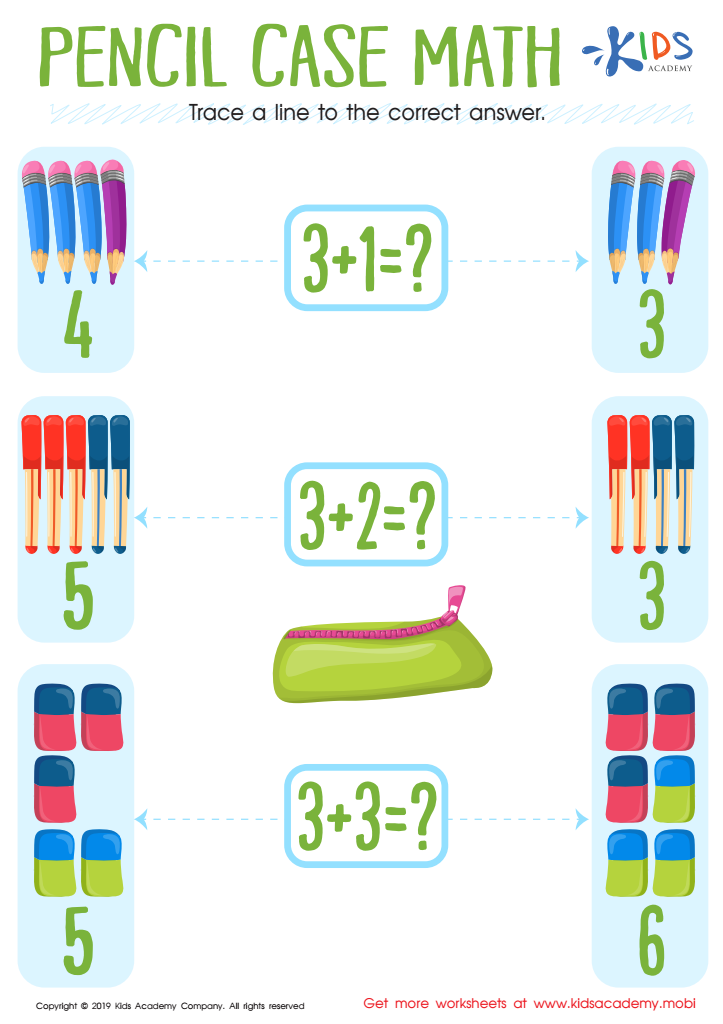

Pencil Case Math Worksheet


The Five Little Monkeys Nursery Rhyme Worksheet
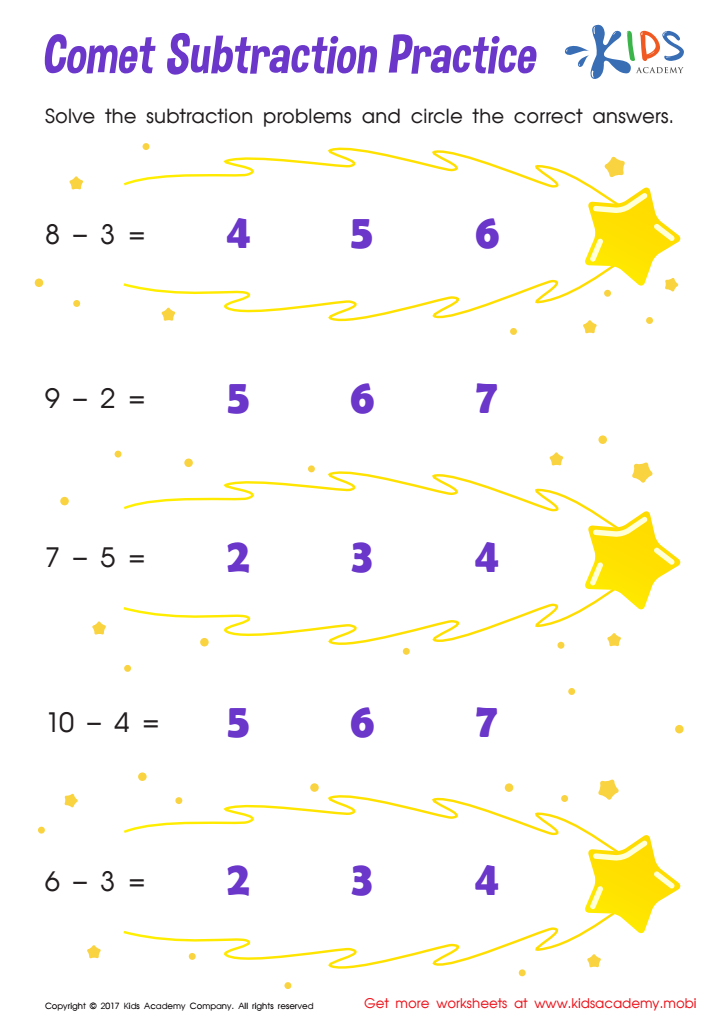

Comet Subtraction Practice Substraction Worksheet
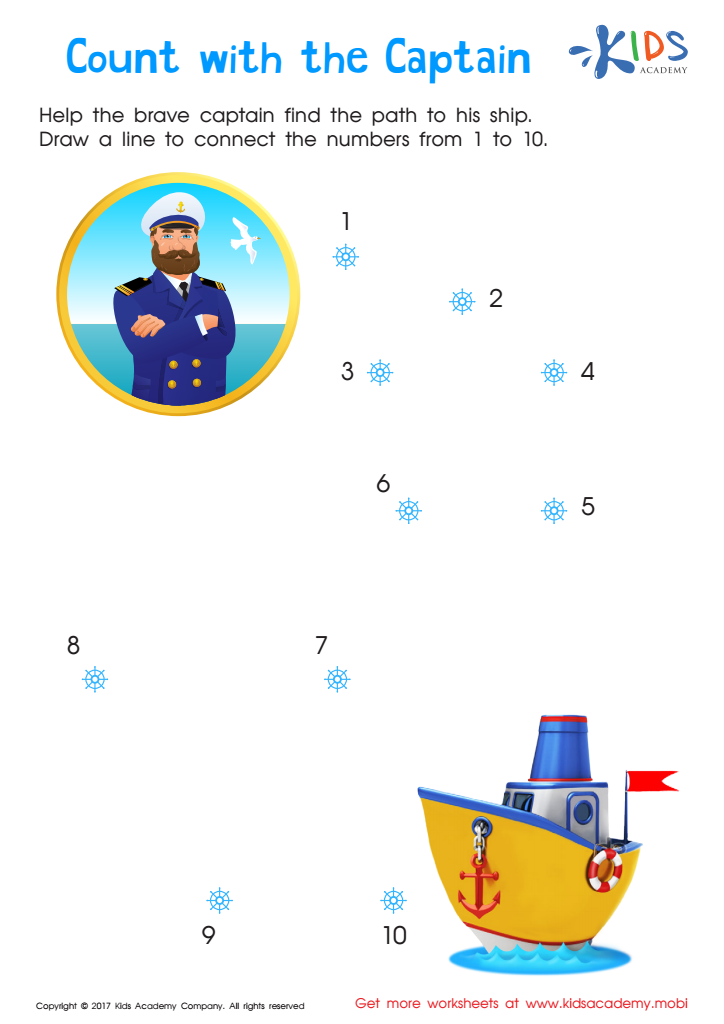

Count with the Captain Connect Dots Worksheet
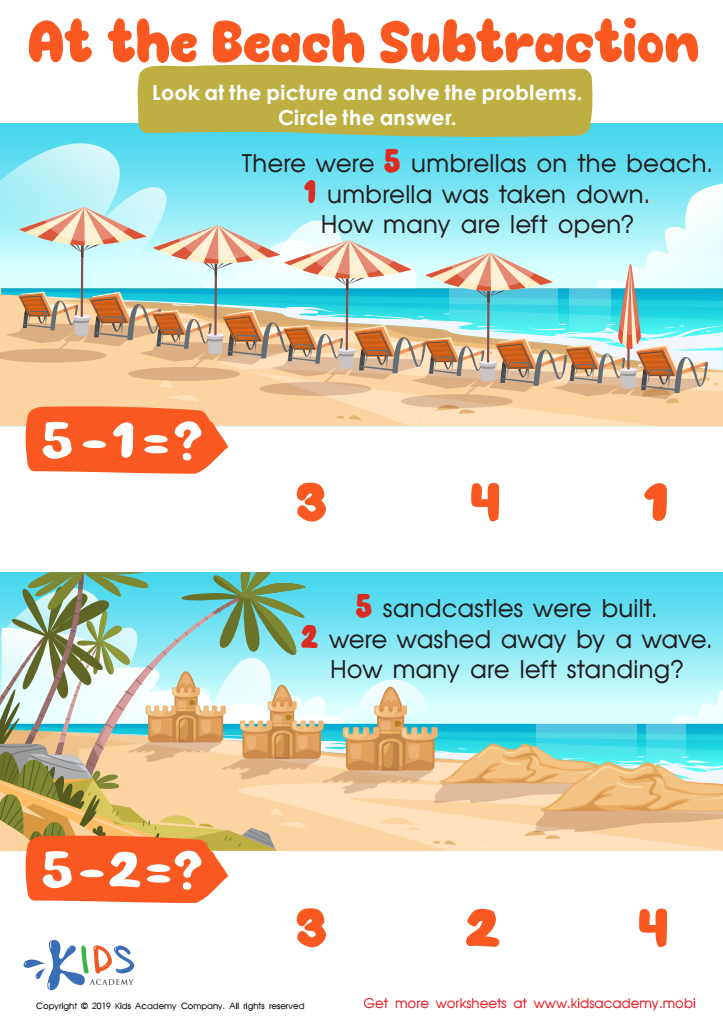

At the Beach Subtraction Worksheet
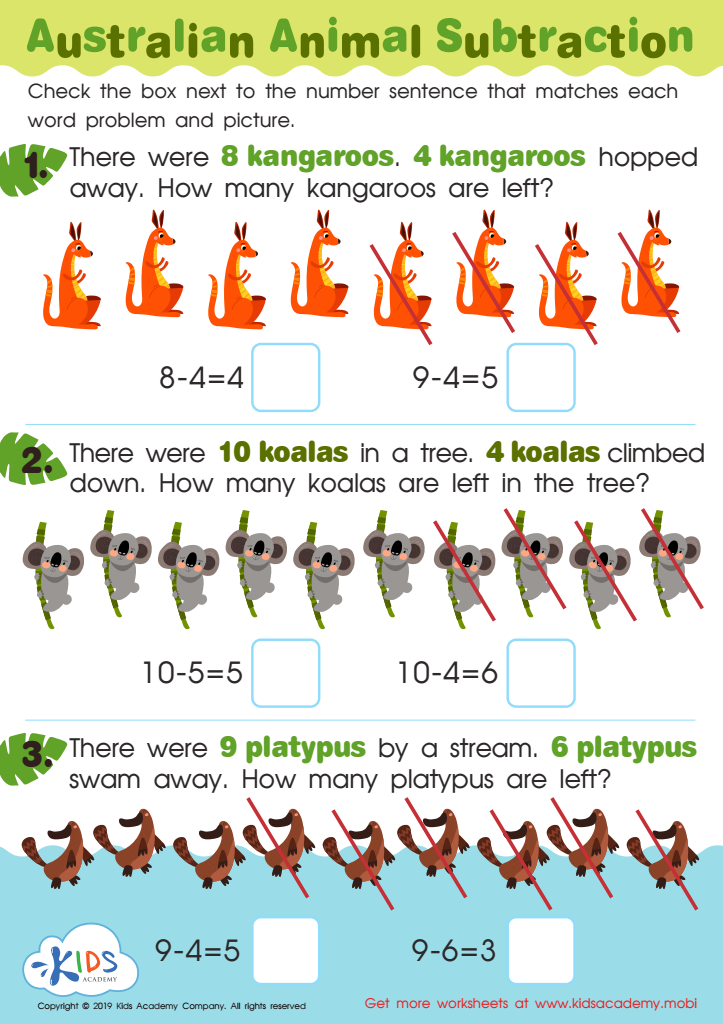

Australian Animal Subtraction Worksheet
Subtraction practice for children aged 3-4 is crucial as it lays the foundation for their early mathematical understanding and critical thinking skills. At this developmental stage, children are naturally curious and eager to explore new concepts, making it an opportune time for them to engage with basic mathematical operations like subtraction. By introducing subtraction in a playful and engaging manner, parents and teachers can help children develop a positive attitude towards math, which is essential for their future learning.
Furthermore, understanding subtraction assists children in making sense of their everyday experiences. For example, they learn to comprehend the concept of "taking away," enhancing their problem-solving abilities in real-world situations. Early experiences with subtraction also bolster cognitive skills and improve focus, as children learn to concentrate on tasks and manipulate objects. Additionally, foundational math skills are closely linked to language development; as children describe their activities involving subtraction, they expand their vocabulary and communication skills.
Overall, emphasizing subtraction with 3-4-year-olds not only enhances their mathematical prowess but also enriches their cognitive and social development, sets the groundwork for future learning, and fosters a lifelong appreciation of mathematics. Engaging and playful practices will provide countless benefits in their educational journey.

 Assign to My Students
Assign to My Students
